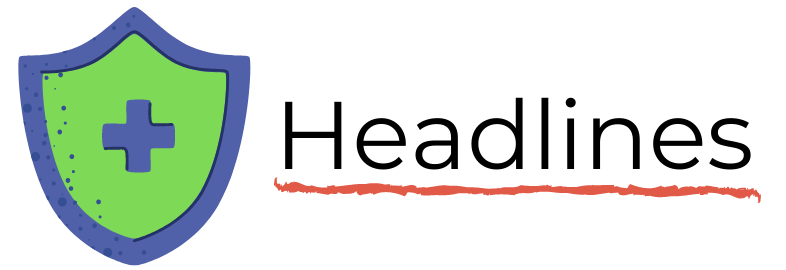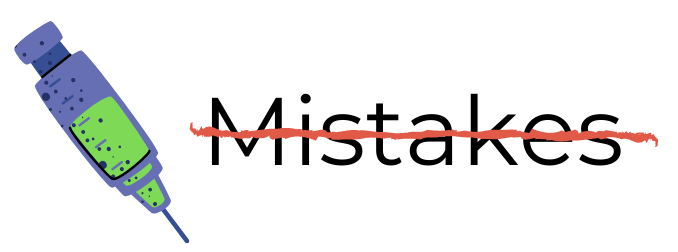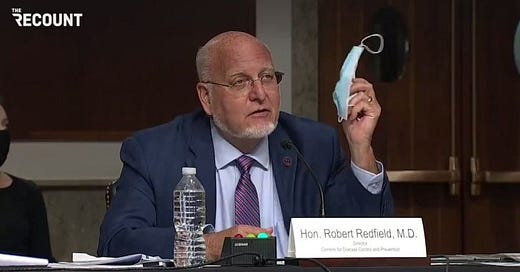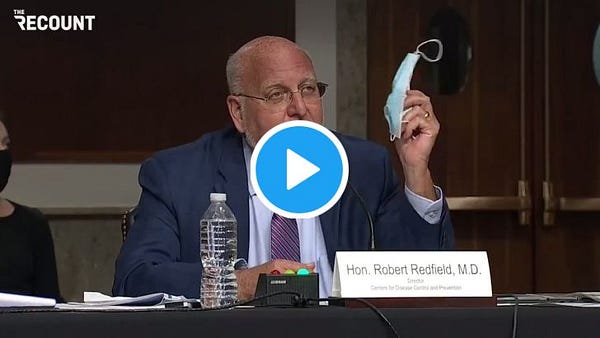Good morning! It has been 304 days since the first documented human case of COVID-19.
Some headlines today; enjoy!
As usual, bolded terms are linked to the running newsletter glossary.
Keep the newsletter growing by sharing it! I love talking about science and explaining important concepts in human health, but I rely on all of you to grow the audience for this:
Now, let’s talk COVID.

Cases in India reach 5 million
Case counts in India have reached 5 million total. This is probably much lower than the true caseload there, given the large population and poor surveillance.
Social media strategy for communicating about COVID-19
CIDRAP has an article about what social media content about COVID-19 has been most effective, something that I find interesting as a communicator and that I also think everyone reading this can use to understand how to talk about the pandemic effectively: https://www.cidrap.umn.edu/news-perspective/2020/09/winning-ways-shareable-covid-public-health-tweets
This is based off of a study in PLoS ONE, which looked at the types of Twitter content that were likely to be shared by users (“retweeted,” for those not very familiar with Twitter). Read the study here: https://journals.plos.org/plosone/article?id=10.1371/journal.pone.0238491
Here’s what jumped out at me:
Videos were 63% more likely to be retweeted than tweets not containing video (even I’m susceptible to this; see the next headline for evidence!)
Technical information was more likely to be shared than other types of information
Information on treatment of disease was more likely to be shared as well
Unlike tweets about other topics, tweets about COVID-19 containing exclamation points were less likely to be shared than other tweets
This interests me because it implies that people, on Twitter at least, really do prefer sober informative communications about this virus!!!
Apparently you can earn a lot of respect by not overusing exclamation points!!
OK, I’ve had my fun. But I do find these insights valuable, and I think it’s quite worthwhile for everyone to learn from them to understand how to spread good information about COVID-19.
CDC director says masks may be more effective than a vaccine
I was very interested to see this clip today:
I have to say that in certain respects I agree with Dr. Redfield here. Vaccines are often much less than 100% effective, and the way that they work is in the aggregate. Vaccines work best if everyone gets them, and that’s the reality. The more people get the vaccine, the more the community is protected.
This is also true of masks, or any other intervention that cuts spread of a disease by a certain percentage. I don’t like how Dr. Redfield portrayed this as a personal protective measure—“this mask protects me”—than as a community protective measure. The mask you wear doesn’t really protect you so much as it protects others. I do believe, strongly and based upon the available data, that masks are effective at protecting a community when a large population of people wear them. In this respect they may indeed be more effective than a vaccine; we may find that masks only need to be worn by 80% of a community to work well, while the vaccine may need to be taken by 85%. And that would be fine, because that means we have two tools in our arsenal instead of one.
Anyway, I do think that what Dr. Redfield says here is powerful, and wanted everyone to see it.

What am I doing to cope with the pandemic? This:
Dining out
I do feel strongly that NYC has proven that outdoor dining is safe; we’ve—by that I mean the city—been doing it here for months, and there hasn’t been a meaningful increase in transmission.
To celebrate some rough milestones that we both made it through, my wife and I decided to go out for dinner last night, outdoors and in the fresh air. It was a really nice way to set a barrier between some stressful moments and whatever lies ahead.
I expect that the fall and winter could be difficult times in the global north as people cluster more indoors to avoid the weather, creating opportunities for virus spread. While this lull lasts, and the opportunity to enjoy life outdoors exists, I recommend that everyone make the best of it.

Join the conversation, and what you say will impact what I talk about in the next issue.
Also, let me know any other thoughts you might have about the newsletter. I’d like to make sure you’re getting what you want out of this.

This newsletter will contain mistakes. When you find them, tell me about them so that I can fix them. I would rather this newsletter be correct than protect my ego.
Though I can’t correct the emailed version after it has been sent, I do update the online post of the newsletter every time a mistake is brought to my attention.
No corrections since last issue.
Thanks for reading, everyone!
See you all next time.
Always,
JS





